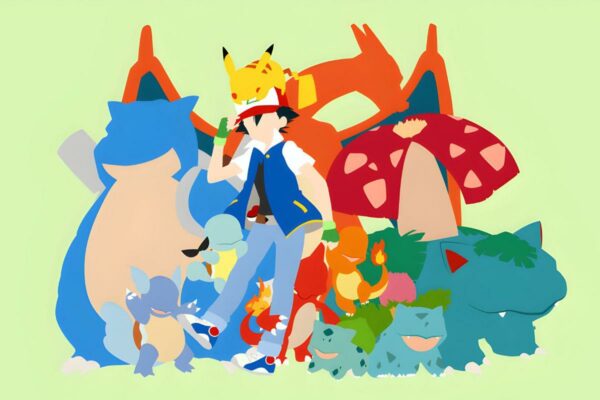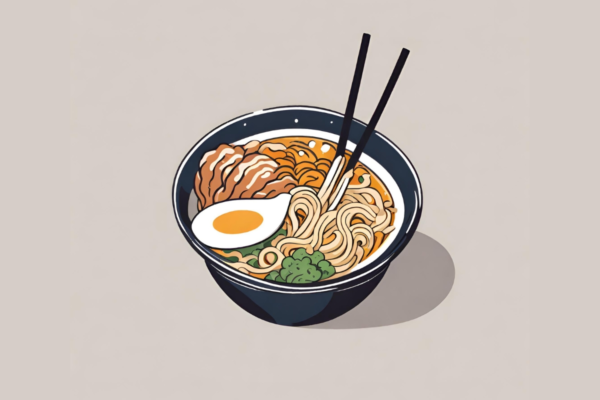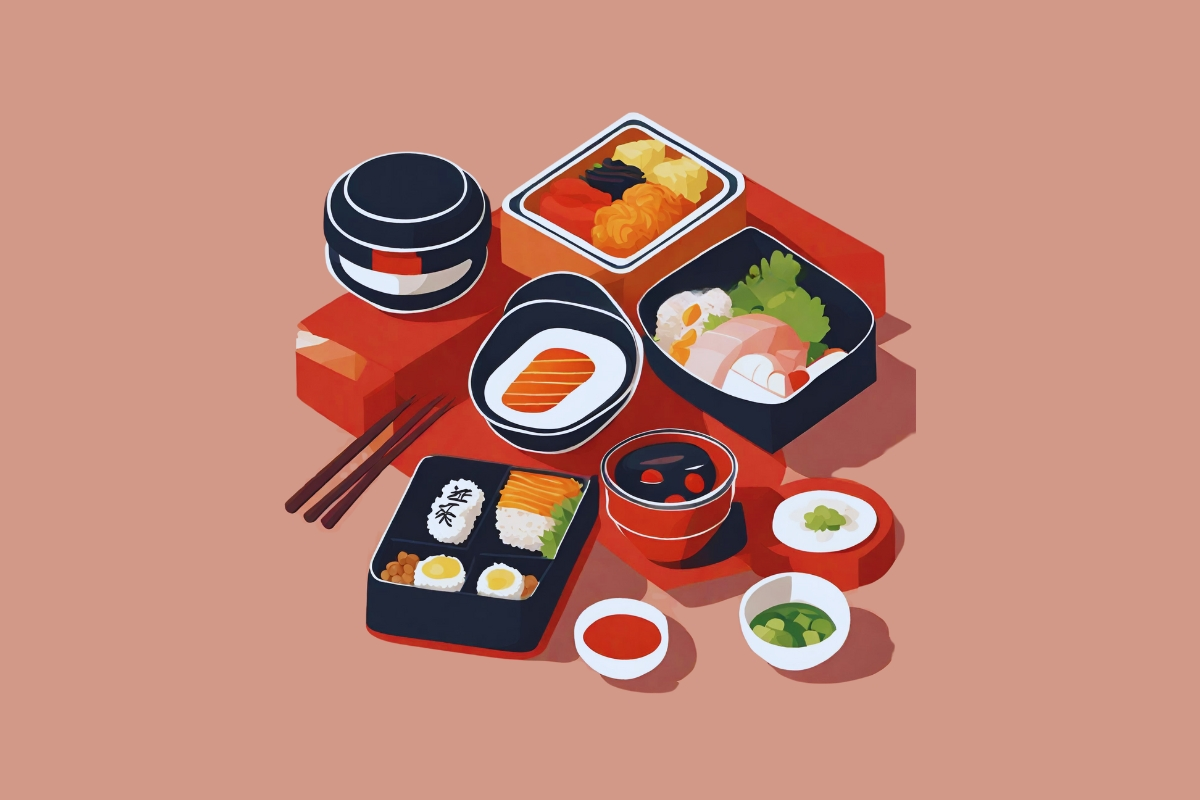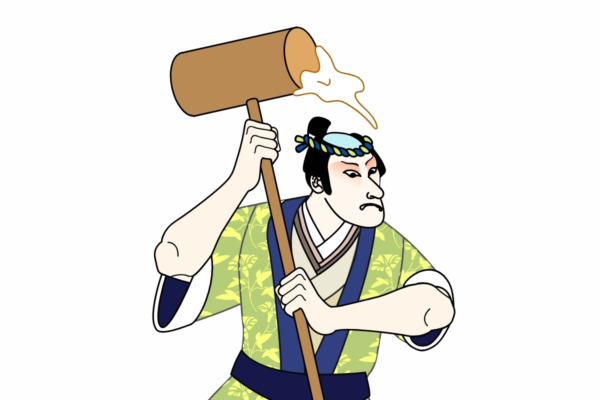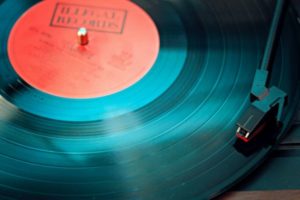Surely, you’ve heard of lo-fi hip-hop since it seems to be everywhere nowadays — in cafés, on Spotify, radio streams, and YouTube. No wonder it’s so popular; its chill beats, relaxing sounds, and slow-tempo pattern draw listeners in while making them feel relaxed and pleasant. But lo-fi music is helpful and interesting in more ways than one, especially because of the mental health benefits it gives to its listeners.
What is Lo-Fi?
Lo-fi, short for low fidelity, involves the use of flawed and low-quality sound quality, audible from distorted sounds such as background noises, hums, and soft buzzes. In lo-fi, there is an evident degradation of quality, which most genres of music stray away from. Despite the initial impression of lo-fi music being scratchy to the ears, it is actually soothing and relaxing to listen to as it incorporates elements of classical, jazz, and blues music. The soft static noises, jazz sounds, and looped continuous beats ultimately give lo-fi meaning.
Lo-fi aesthetics usually feature animated or hand-drawn visuals colored with pastels that contribute to its overall desaturated and muted appeal. Normally evoking emotions such as nostalgia, comfort, and dreaminess, lo-fi aesthetics are associated with lo-fi anime by utilizing popular icons such as Shizuku Tsukishima from the Studio Ghibli film Whisper of the Heart (1995).
Lo-fi backgrounds also typically draw from Japanese settings with characters to emphasize the anime culture embedded with it, hence the wonderful normative association between the two.
Other than using anime, lo-fi is also popularized more online as live streams, live chats, and online discussions in Reddit, YouTube, and other websites become more prevalent, especially during the pandemic where most activities are done through an electronic screen. Lo-fi hip-hop radios are also widespread, with Chillhop, ChilledCow, and the Lofi Girl heading online platforms.
Improves focus and enhances productivity
Because of lo-fi hip-hop’s repetitive and predictable beats, your productivity and focus are enhanced as the music is not so boring nor interesting that it can become distracting. The distorted noises and sounds such as the turning of a page, the sound of cars on the street, raindrops, or knocks on wood can trigger parts of the brain that help with focusing, as well.
This occurs because these background sounds are familiar to us, causing our brains to subconsciously relax and focus on other matters at hand. The hums and flaws emphasized in lo-fi can also produce neurophysiological effects on the brain that emit positive emotions which help enhance concentration.
Because lo-fi hip-hop helps with focusing, many create and listen to lo-fi study music, normally visualized by the iconic lo-fi girl. In fact, lo-fi study has become a culture of its own, with thousands of playlists and videos circulating online as many truly find lo-fi study music effective.
Boosts brain activity
Lo-fi study music also helps increase brain activity, essentially because of the Attention Drainage Effect Theory which affirms that lo-fi sounds drain distractions by allowing the brain to subconsciously and selectively focus on a task while music is playing in the background.
Studies also show how the non-lyrical element of lo-fi beats significantly contribute to a higher recall activity, allowing the brain to engage in deeper cognitive processing and information retention.
Relieves anxiety & stress
Normally associated with relaxing and meditating, lo-fi chill beats reduce stress and anxiety because of the continuous and repetitive beats that make you feel in control. The familiar sounds of water dropping, pages turning, and hummings also create feelings of nostalgia and homeyness, allowing you to naturally relax and feel calm.
Chill lo-fi music is intentionally mellow, and though others may find its steady, rhythmic, and repetitive sounds monotonous, its soft chill beats actually lull your brain to slow down and tune out stress.
Improves mood
Lo-fi beats as a subgenre of electronic music significantly impact your mood by decreasing your cortisol levels (stress-inducing hormone) and increasing your dopamine and serotonin levels (mood-boosting hormones).
This is because listening to music can trigger the brain to link experiences with the emotions lo-fi music brings, hence modulating negative emotions. Due to lo-fi music’s hip-hop and house beats, you may feel energized and pumped up for the day.
Improves sleep
As energizing and spirit-lifting as lo-fi beats may be, it can also help with resting or falling asleep faster or better. With its relaxing music, lo-fi sleep music has become a trend, as people listen to its rhythmic, dreamy beats that make one feel warm and comfortable.
Sleepy lo-fi music makes you feel cocooned as if the predictable sounds protect you from the outside world, creating in your mind a safe space where you can fall asleep with your guard down.
With all the aforementioned calming yet energizing effects lo-fi music evokes, lo-fi hip-hop can definitely enhance your study and work routines and your general downtime. Lo-fi study beats can be found everywhere on YouTube, with some videos even stating the specific times you may listen for optimal productivity. Lo-fi beats to study to are not the only playlists that can accompany you as you work; lo-fi hip-hop beats can also enhance your workout routines and further increase your productivity through upbeat lo-fi hip-hop mixes. Lo-fi relaxing beats also help with meditating and chilling.
With lo-fi hip-hop being so beneficial, it is no wonder that it has become a significant phenomenon in the world today, even having lo-fi anime significantly associated with it. How about you; where will you take lo-fi, and where will you let lo-fi take you?












